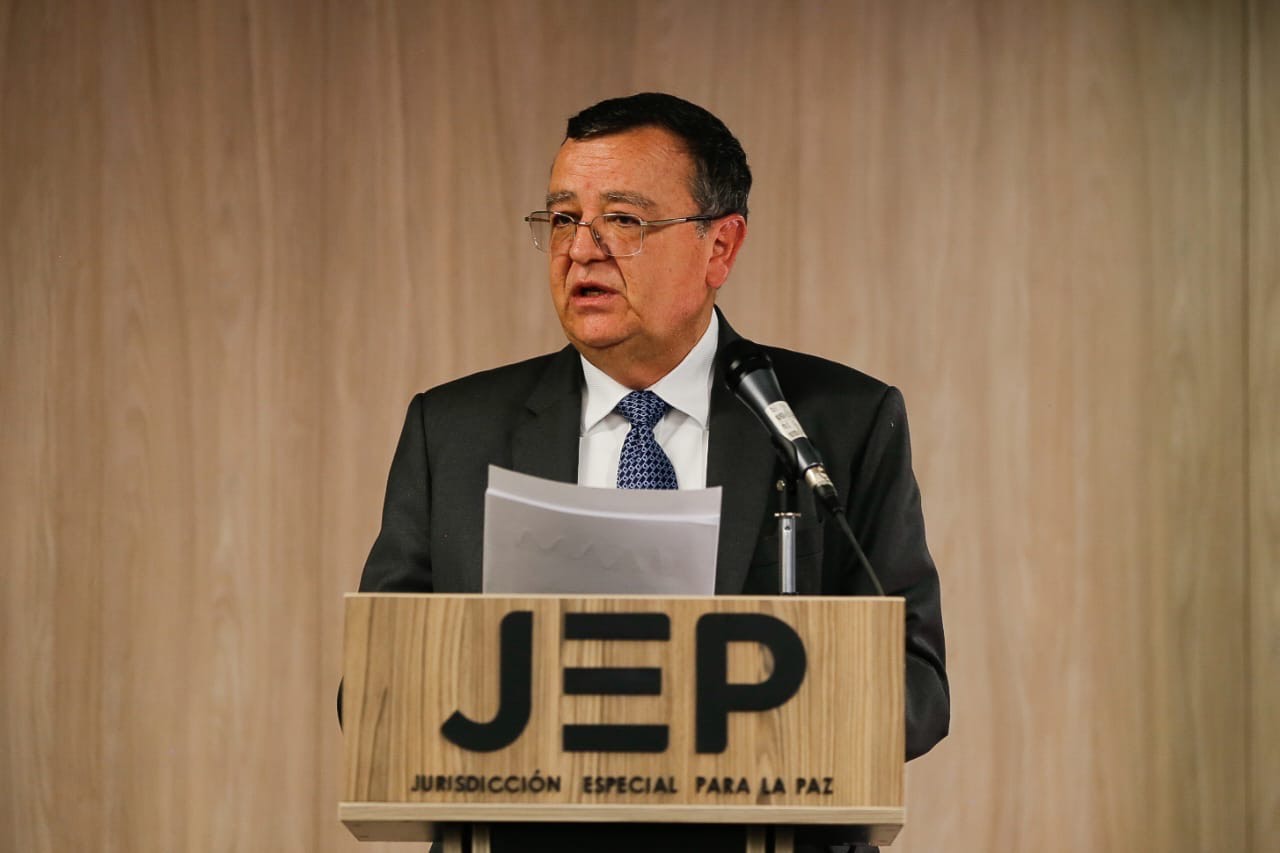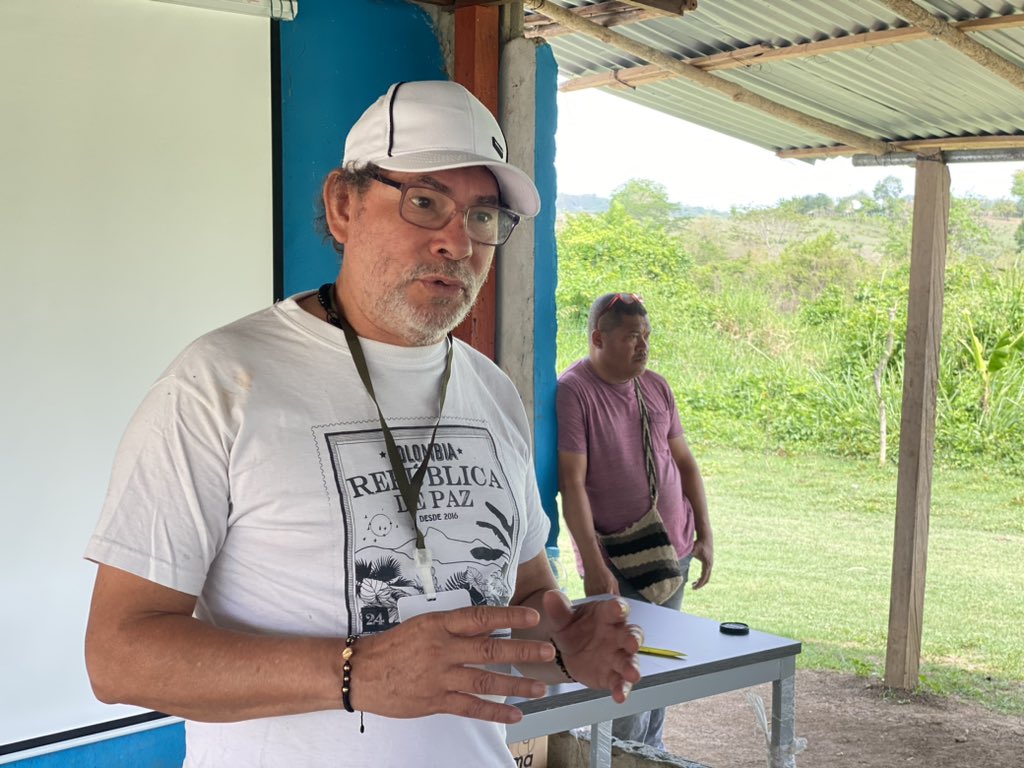What awaits the Comunes party and the former FARC leaders after losing their automatic seats and receiving the first ruling from the JEP?

Although the ruling by the Special Jurisdiction for Peace (JEP) imposes eight years of restorative sanctions on the seven former members of the FARC secretariat, which include the search for missing persons, demining, symbolic reparations, and actions to restore the environment, this decision will not prevent them from participating in politics, and in the case of Julián Gallo and Pablo Catatumbo , they will even be able to retain their seats in Congress if they are reelected. However, the path to that happening and for the Comunes party to have representation starting in 2026 remains tangled.
Starting next year, members of the party that emerged after the signing of the peace agreement will have to compete for representation in Congress, as they will lose the 10 automatic seats they were guaranteed for the 2018-2022 and 2022-2026 terms. This is due to the decree published in July by Gustavo Petro's government, which eliminated the transitional paragraph of Decree 1066 of 2015 that guaranteed their participation in the legislature.
But what's the scenario? The survival of a party like Comunes is subject to reaching the 3 percent threshold to retain its legal status, a goal that, in light of the results, seems difficult to achieve.

Alejandro Ramelli, president of the JEP, announced the ruling. Photo: Andrea Moreno. EL TIEMPO
Since its first participation in 2018, the party has failed to consolidate significant support in terms of votes. That year, it obtained 52,532 votes for the Senate (0.34%) and 32,636 in the House of Representatives (0.21%), insufficient figures to obtain representation without the seats agreed upon in the agreement. In its first participation in legislative elections, Bogotá was the city where it managed to garner the greatest political support: 11,996 votes in the House of Representatives and 10,093 in the Senate.
In the 2022 legislative elections, now under the Commons name, the results were even more modest: 31,116 votes for the Senate and 21,182 for the House, representing a 38.5% drop compared to the votes obtained in 2018.
Although in the 2019 local elections they achieved specific victories in Guapi (Cauca), with Marino Grueso, and in Turbaco (Bolívar), with Guillermo Torres, both were elected in coalition with other left-wing sectors such as the UP and Colombia Humana, according to a balance sheet published by the Ideas for Peace Foundation (FIP) at the end of 2024, for the 2023 regional elections they lost 85.7 percent of the total votes they had achieved four years earlier.
Furthermore, unlike the M-19, which, after laying down its weapons, presented Carlos Pizarro as a candidate with a chance in the 1990 elections, Comunes never managed to consolidate a presidential aspiration. In fact, in 2018—its only attempt—Rodrigo Londoño ran, but had to withdraw from the race due to health problems.

Pastor Alape, general coordinator for the implementation of the Peace Agreement. Photo: @Pastor_Alape
However, the FIP notes that the party has managed to consolidate its position at the community level, with outstanding performance in the Local Administrative Boards (JAL), a space that is being used as a "political school" to train new leaders.
However, this progress means little to those currently sitting in the Capitol. Currently, the five Senate seats are held by Sandra Ramírez, Omar Restrepo, Imelda Daza, and the aforementioned Catatumbo and Gallo; while in the House, they are held by Luis Albán, Jairo Cala, Pedro García, Carlos Carreño, and Germán José Gómez.
Hence, Comunes' bid to overcome this threshold and avoid disappearing from the legislative scene lies in joining Unitarios, a progressive coalition created in 2024 that brings together various parties and social movements close to Gustavo Petro's government, but independent of the Historic Pact.
Senator Gallo (whose real name is Carlos Antonio Lozada) confirmed in April that Comunes will be part of this alliance, which represents a shift after withdrawing from the governing coalition, where they failed to establish their own coalition. With Unitarios, the party would seek to strengthen its slate and secure the necessary electoral support to maintain legal status and representation in Congress.
In addition to Comunes, Unitarios is made up of organizations such as Todos Somos Colombia, Grassroots Liberal Movement, Democratic Integration Movement, Popular Power, Colombian Labor Party, and Democracy from Below, among others.
CAMILO A. CASTILLOPolitical EditorX: (@camiloandres894)
eltiempo





